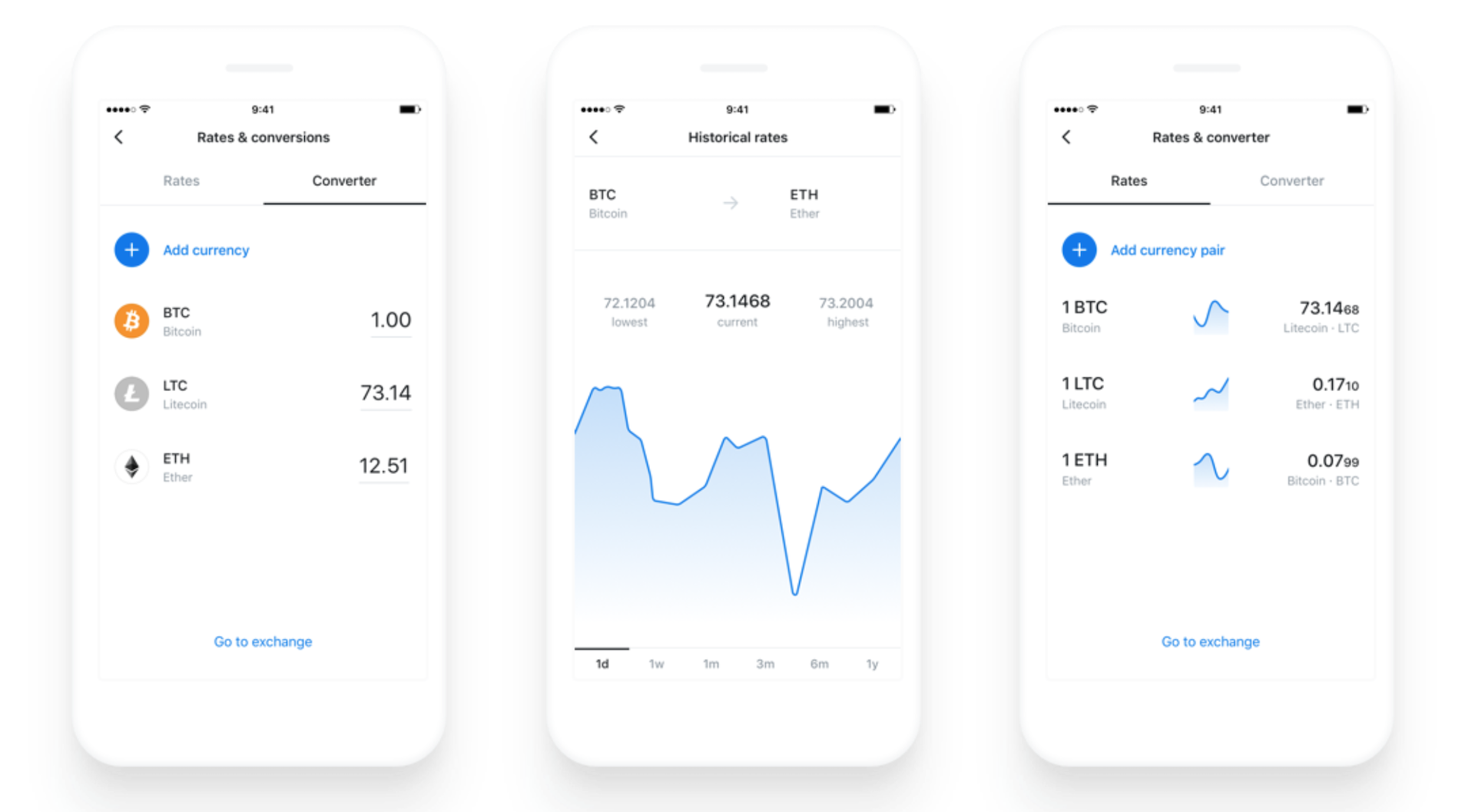
Revolut Suspends Crypto Services in the U.S. Amid Regulatory Uncertainty
As the fintech landscape navigates the evolving regulatory terrain of cryptocurrencies, Revolut, a cryptocurrency-friendly trading neobank, has announced its decision to suspend crypto services for U.S. users. With a backdrop of ongoing regulatory uncertainty, this move sheds light on the complexities fintech companies face in the United States’ crypto market.
Revolut’s U.S. crypto journey will come to a halt in two phases. Beginning on September 2, 2023, users will be unable to place buy orders for cryptocurrencies. This initial step will be followed by a comprehensive restriction from October 3, 2023, when U.S. customers will lose the ability to buy, sell, or hold any cryptocurrencies through Revolut’s platform.
This bold decision arises from the intricate regulatory landscape and the ever-changing dynamics of the U.S. crypto market. A Revolut spokesperson acknowledged the challenges, stating, “As a result of the evolving regulatory environment and the uncertainties around the crypto market in the U.S., we’ve taken the difficult decision, together with our U.S. banking partner, to suspend access to cryptocurrencies through Revolut in the U.S.”
It’s noteworthy that Revolut’s U.S. crypto user base accounts for less than 1% of its global crypto customers, underscoring the company’s commitment to navigating the challenges while serving a vast majority of its user base across other markets.
This announcement follows Revolut’s earlier move to partially delist specific digital assets from its platform, including tokens like Polygon (MATIC), Solana (SOL), and Cardano (ADA). These delistings were undertaken as a response to the regulatory scrutiny surrounding potentially unregistered securities.
The suspension of crypto services, while a tough decision, aims to position Revolut for a potential return to the U.S. crypto market in the future. As the fintech industry continues to grapple with evolving regulations, Revolut’s journey serves as a reminder of the complexities inherent in integrating cryptocurrencies within traditional financial systems.





